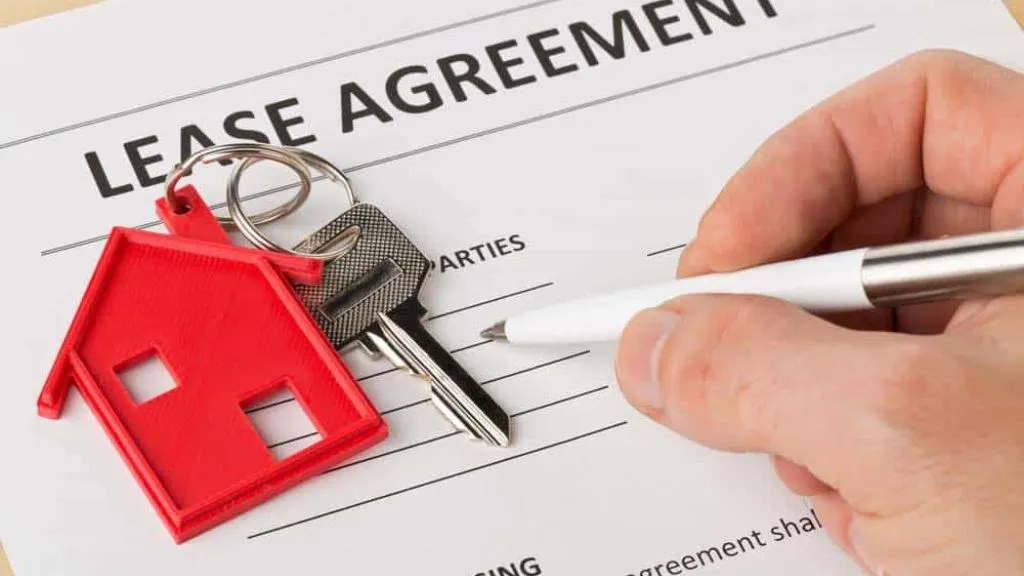
Entering into a property lease without a proper agreement can lead to misunderstandings, disputes, or even legal complications. Ambiguity regarding terms, responsibilities, and duration often creates challenges for both landlords and tenants.
A lease deed provides a solution by acting as a legally binding document that clearly outlines the terms and conditions of the lease, ensuring transparency and security for all parties involved. In this article, we’ll delve into the concept of a lease deed, its significance, and how it serves as a cornerstone for hassle-free property leasing transactions.
Everything to Know About Lease Agreements
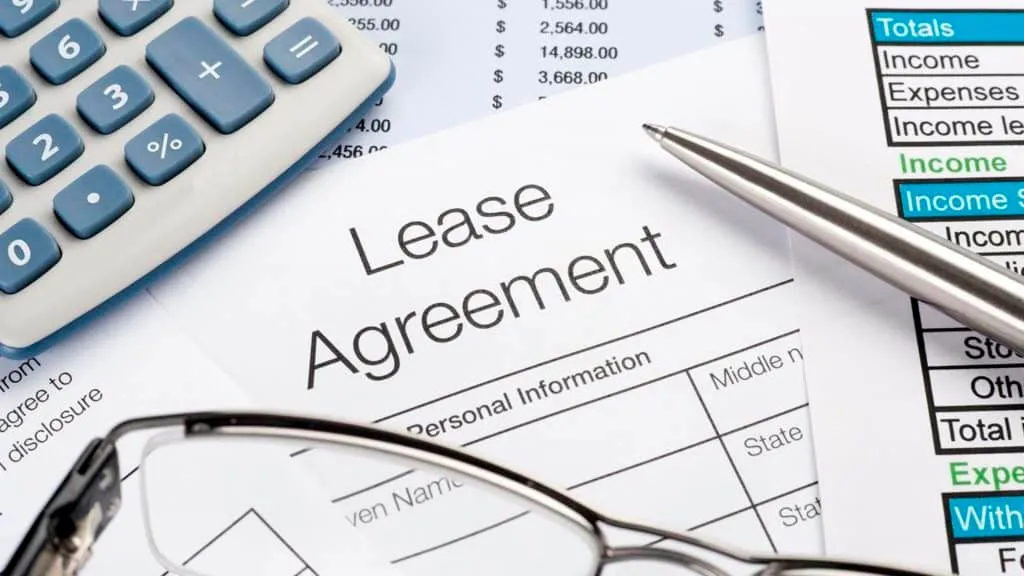
A lease, which specifies the terms of rental contracts for real estate, real property, and personal property, is a binding legal document. The lease agreement specifies the obligations of both the landlord and the tenant to carry out, uphold, and enforce the agreement.
For instance, a residential property lease deed format must include:
- Lessor responsibilities
- Address of the property
- Lessee responsibilities
- Required security deposit
- Payment Date
- Mode of payment
- Rent amount
- Due date
- Consequences for breach of a lease agreement
- The duration of the lease agreement
- Pet policies
- Utilities
- Stamp duty
- Tenantable conditions
- Inspection and repairs
- Return of possession
- Compliance with law
- Taxes
- Any other essential information
All leases are not designed the same, but there are a few common components of most lease deed format:
- Rent amount
- Due date
- Lessee and lessor, etc.
What are the Process Of Lease Agreements?
The tenant is required to sign the lease by the landlord, thereby the lessee and lessor agree to the terms of the property before occupying it. However, leases for commercial properties are different. They are normally arranged based on the particular lease and last between one and ten years. Larger tenants frequently have longer and more complicated lease terms when renting commercial property. A copy of the lease is required to be kept on file by both the landlord and the tenant. When arguments happen, this is useful.
Takeaways Regarding Lease Agreements
- A lease is a legal contract regarding the terms under which a tenant or lessee agrees to rent property owned by a landlord or lessor.
- Lease agreements guarantee the tenants, also known as the lessee, use assets, and guarantee the landlord or lessor, regular payments for a specific period.
- Leases are binding and legal contracts that set forth necessary terms for rental agreements in real estate and personal and real property.
- The consequences for breaking leases can range from mild to damage. It depends upon the circumstances in which leases are broken.
Getting Professional Help with Lease Deed
Lawyers with experience working on lease agreements assist clients. There are several platforms where you can acquire free quotes from attorneys to create, review, or negotiate lease agreements.
What Are Rental Agreements?
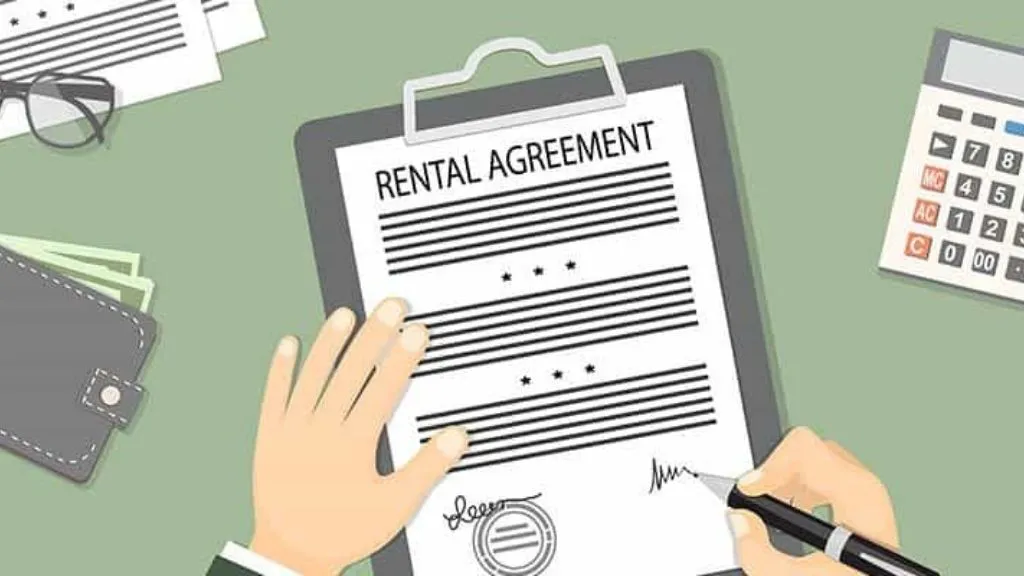
A rental agreement is a rental contract written between the landlord or owner of the property and the person who will rent it. A renter possesses the property temporarily. A rental agreement is different from a lease agreement, which is a fixed and long-time agreement.
Purpose Of Rental Agreements
A rental agreement is generally for an apartment or house written to protect the tenant’s legal rights. Under the rental agreement, the tenant is protected in terms of;
- Increase in rent
- Damage of property
- Maintenance of the property
- Insurance and taxes
These short or long-term conditions are the responsibilities of the owner or landlords. However, written leases protect both parties.
Breaking Of A Property Agreement
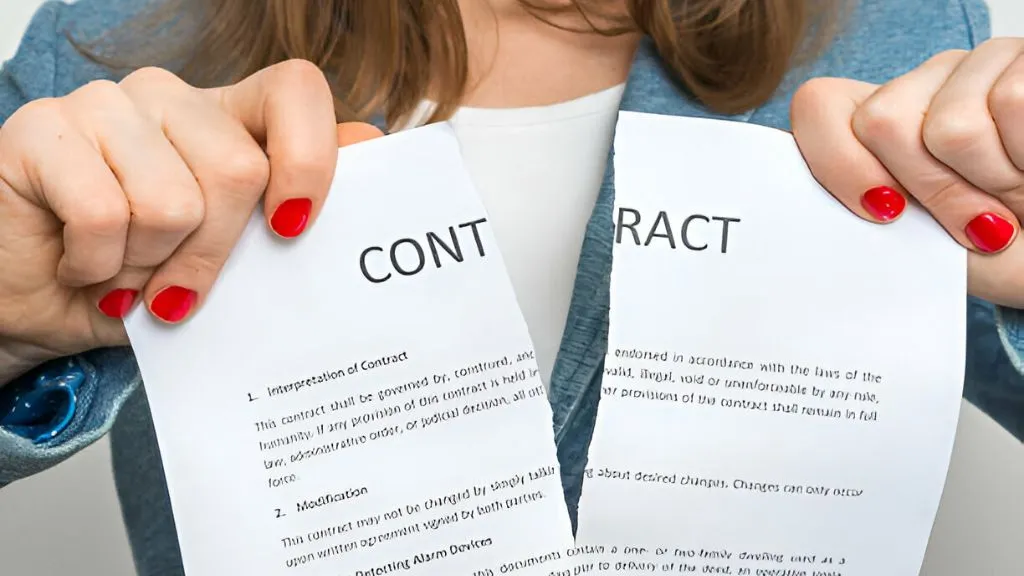
The consequences for breaking a lease may range from mild to bigger damage. The damage caused in the agreement may depend on the circumstances under which the lease is broken. The tenant who breaks a lease agreement without prior negotiation may face problems with the landlord. In such cases, the landlord may file a derogatory mark on their credit report, a civil lawsuit, or both against the tenant.
What Should A Tenant Do ?
As a result of breaking a lease agreement, a tenant may face problems taking a new residence on rent. At the same time, there are other issues related to having negative entries on the credit report of the property. A tenant or lessee who seeks to break their leases must negotiate with the landlords or take legal counsel. Sometimes, an owner wants to find a new lease for property or forfeit the security deposit or payment. In such cases, the owner gets inspired to allow the tenant to break the lease without further consequences.
Factors To Know About Lease Deed Format
The terms of a lease agreement are not automatically enforceable. Hence, the contract allows the landlord to enter the residential area at any time without notice via court action. It grants the landlord the right to recover more than the statutory limits is not enforceable.
What is the Duration Of The Lease Agreement?
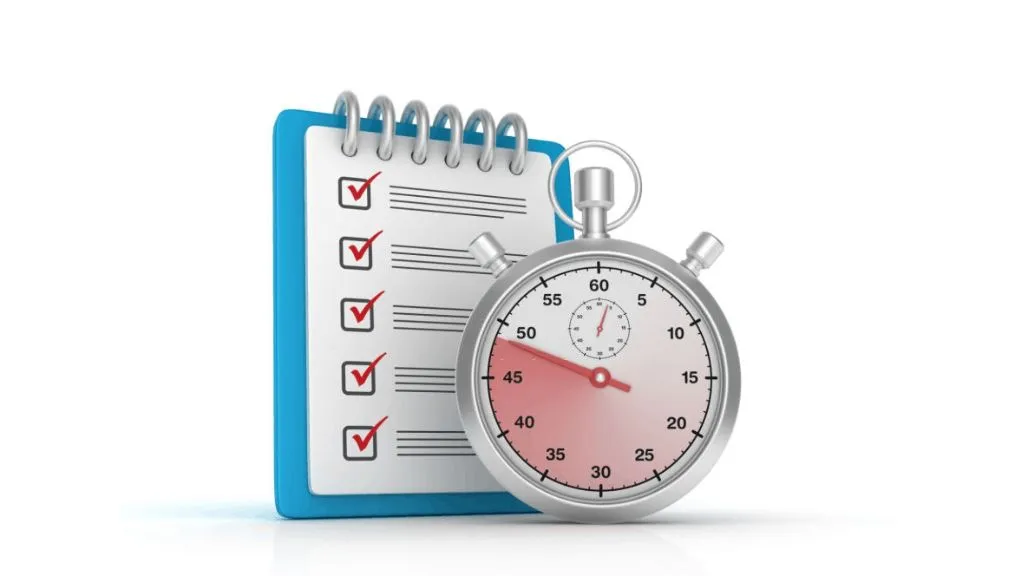
There are early termination clauses for some lease contracts. This document allows the tenants to terminate the contract under a specific time and a set of conditions. The rental party can also terminate the contract when their landlords don’t fulfil contractual obligations. For instance, a tenant may also be able to terminate a lease if their landlord fails to make timely repairs to the residential property.
What Is A Commercial Lease?
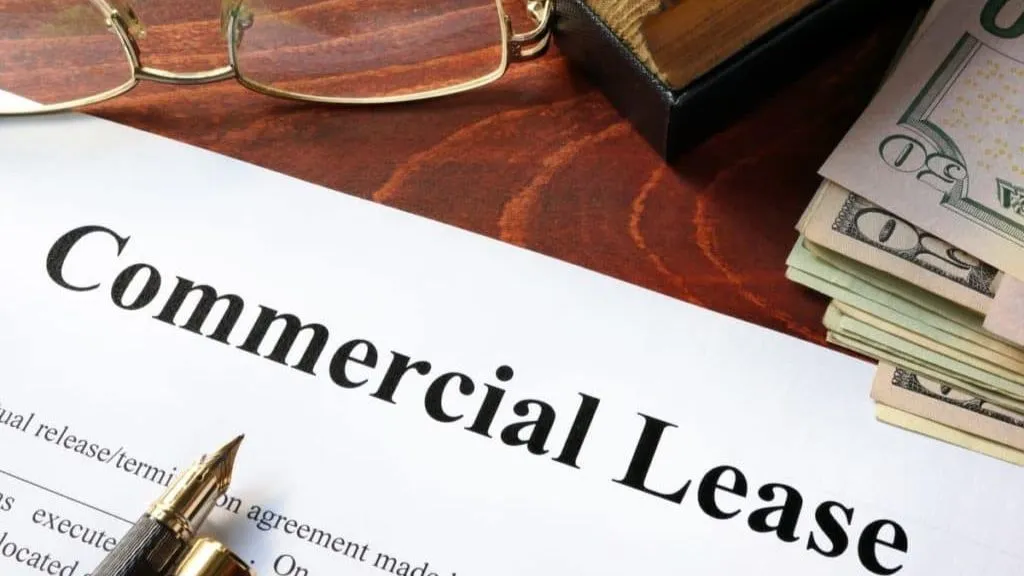
Tenants who lease commercial properties have several types of leases available. All the leases are structured to provide more up-front profit to the owners and assign responsibilities to the tenants. In some commercial leases, the tenant has to pay rent in addition to the landlord’s operational costs. There are other types of leases where tenants pay rent in addition to property taxes and insurance. The payment can be monthly or in advance depending on the parties and their contracts.
Types Of Commercial Real Estate Lease
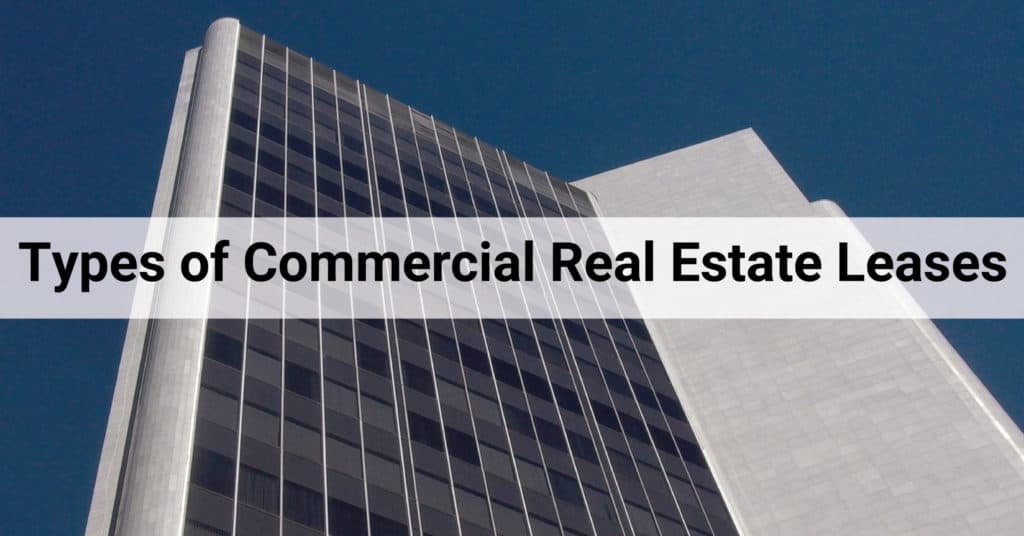
- Single Net Lease: In this kind of lease, the document says that it’s the responsibility of the tenant to pay property taxes.
- Double-Net Leases: In these leases, it is the responsibility of the tenant to pay property taxes and insurance.
- Triple-Net Leases: Tenants who sign these leases have to pay maintenance costs, property taxes, and insurance.
- Gross Leases: Tenants have to pay rent and the landlord has responsibility for other costs.
Why Do You Need A Lease Agreement ?
A lease agreement explains the responsibilities of the landlord, it also sets certain rules for the tenant who lives in your property. An agreement is also required by the state of law. This helps you to avoid disputes that arise in the rented property and fix them. If you rent a property but do not use a lease agreement, you could even lose your money. There could be illegal activities for which you would be liable.






